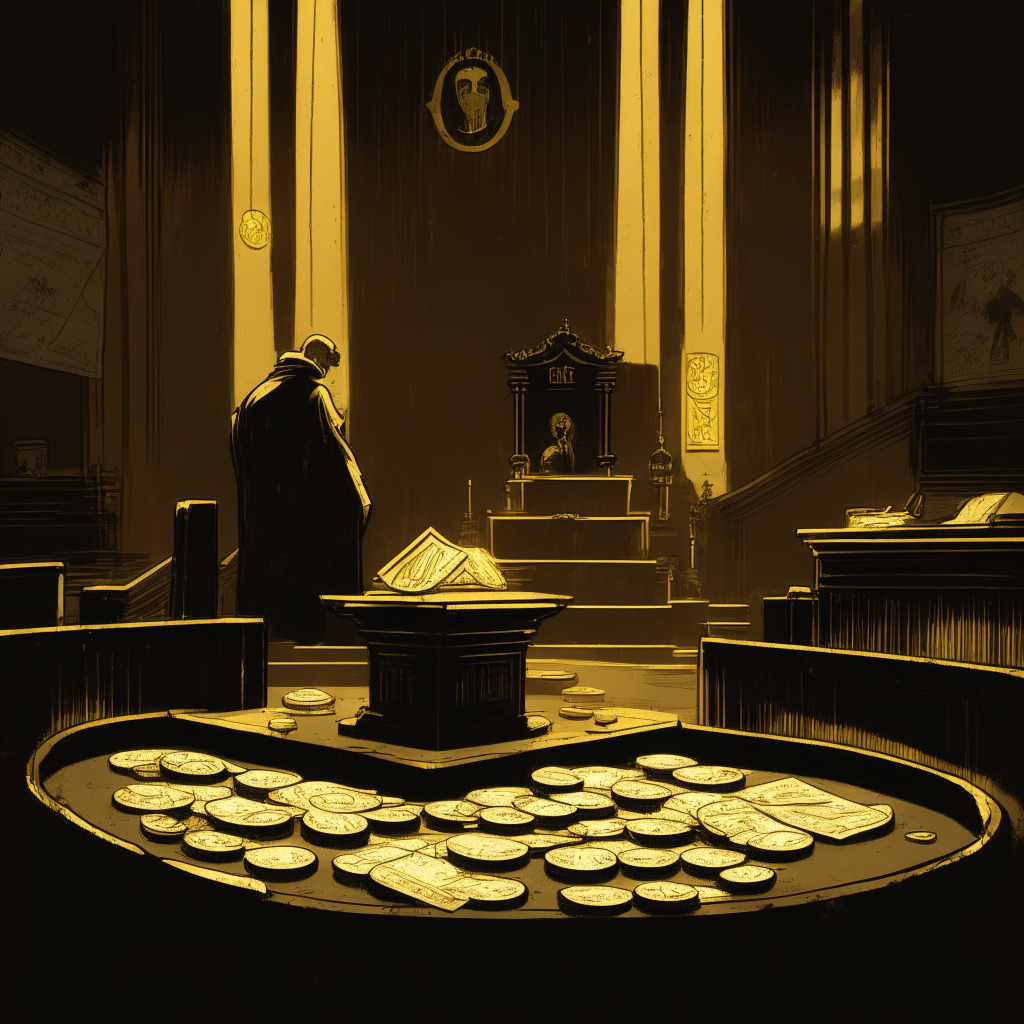In a recent development, a Nevada court has given the green light to a petition from the state’s Financial Institutions Division (NFID) to put the cryptocurrency custodian Prime Trust into receivership, pending a hearing for further proceedings. The significant move comes as a result of what the NFID describes as a “substantial deficit between its assets and liabilities.”
An opportunity will be presented to Prime Trust on August 22 to explain why the petition for receivership should not be permanently implemented. The role of the court appointed receiver will be to take over and determine the most suitable course of action to protect Prime’s clients.
It is noteworthy that the petition was based on the incapability of Prime Trust to fulfill customer withdrawals, endangering user confidence in the burgeoning market of cryptocurrency. The NFID asserted this while emphasizing that any further delay in the appointment of the receiver would cause irreparable harm to users and the public. As per the documents filed in court, Prime Trust acquiesced to the petition for receivership.
A key point that emerges from this news is the crypto custodian’s financial predicament. According to the petition filed on June 26, Prime Trust owed its clients over $85 million in fiat and $69.5 million in crypto. Even more unsettling is the fact that it reportedly only held nearly $2.9 million in fiat and approximately $68.6 million in crypto.
In a sea of uncertainties, the appointment of a receiver is viewed as the most practical solution to safeguard Prime’s clients. The order restricts Prime Trust’s employees and executives from infringing on the court receiver’s operations.
All this casts a shadow over the purported acquisition of Prime Trust by BitGo, a digital asset custodian and wallet infrastructure provider. The plan was officially scrapped by BitGo, just a day after NFID issued a cease and desist order.
The receivership situation might spark a sceptical chord, but it also illustrates the regulatory mechanisms’ effectiveness in stepping in at times of financial distress within a cryptocurrency company. It indicates that regulatory bodies are actively monitoring the crypto space to shield investors from potential harm. On the downside, however, these series of events may lead to a loss in faith among users who had trusted and invested their digital assets with Prime Trust.
Source: Cointelegraph




